This guide will provide you with crucial knowledge on how to shield your skin from harmful environmental stressors such as pollution, UV rays, and harsh weather. By understanding the impact these elements can have, you can adopt effective strategies to enhance your skin’s resilience and maintain its health and vitality. From incorporating protective products to adjusting your daily routines, you’ll discover practical tips that empower you to keep your skin looking its best, regardless of external challenges.
Table of Contents
Key Takeaways: How to Protect Your Skin from Environmental Stressors.
- Hydration: Keep your skin well-hydrated by drinking plenty of water and using moisturizing products to maintain its barrier against pollutants.
- Sunscreen: Apply a broad-spectrum sunscreen daily to protect against UV rays, which can lead to premature aging and skin damage.
- Antioxidants: Incorporate skincare products rich in antioxidants to combat oxidative stress caused by environmental factors, such as pollution.
- Gentle Cleansing: Use a gentle cleanser to remove dirt and pollutants without stripping your skin of its natural oils, ensuring it stays healthy and balanced.
- Healthy Diet: Consume a balanced diet rich in vitamins and minerals to support skin health from the inside, combating the effects of environmental stressors.
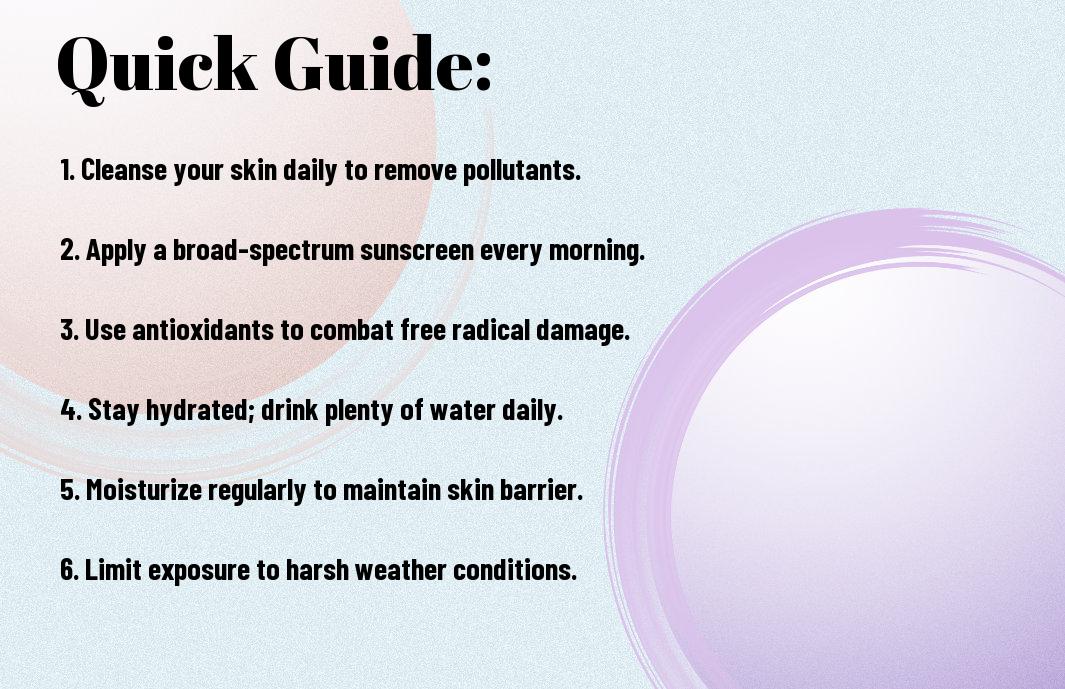
Understanding Environmental Stressors
A comprehensive understanding of environmental stressors is necessary in guarding your skin against potential damage. These stressors come from various external factors that can adversely impact your skin’s health and appearance. Identifying and mitigating these influences can significantly enhance your skincare regimen. The following table outlines the main types of environmental stressors that you may encounter:
| Type | Description |
|---|---|
| Pollution | Harmful particulates and chemicals in the air that can lead to skin irritation and premature aging. |
| UV Radiation | Excessive exposure to the sun’s rays resulting in sunburn, dark spots, and increased risk of skin cancer. |
| Climate | Extreme weather conditions like humidity and dryness can disrupt your skin’s moisture levels. |
| Harsh Chemicals | Products and substances that strip the skin of its natural oils and cause irritation. |
| Stress | Emotional stress can lead to hormonal changes that may adversely affect skin health. |

Types of Environmental Stressors
Air pollution can cause significant skin damage through free radicals. Ultraviolet rays from the sun are associated with numerous skin problems, including premature aging. Weather conditions such as wind or extreme temperatures can dehydrate your skin. Chemicals in skincare products may lead to allergic reactions or other adverse effects. Emotional stress contributes to breakouts and other skin disturbances.
Perceiving how these stressors interact with your skin is vital for adapting your skincare routine effectively. Explore Top 7 Tips to Combat Environmental Skin Stressors for actionable solutions.
Factors Affecting Skin Health
Health and wellness go hand-in-hand with the condition of your skin. Numerous factors can significantly influence your skin’s resilience to environmental stressors. Nutrition, hydration, and lifestyle choices directly impact your skin health, while genetics also plays a role in how well your skin can defend itself against external aggressors. Employing a thoughtful approach to skincare will help create a barrier protecting you from harsh conditions and environmental influences.
- Diet rich in antioxidants can combat oxidative stress.
- Hydration is necessary for maintaining your skin’s elasticity and moisture content.
- Sleep is necessary for the skin to repair itself from daily wear and tear.
- Exercise promotes better blood circulation, providing necessary nutrients to the skin.
- Avoiding smoking and excessive alcohol consumption preserves skin health.
Assume that embracing a holistic approach to your lifestyle will greatly benefit your complexion and overall skin health. Check out 5 Best Lifestyle Changes for Radiant Skin for more ideas.
Types of Environmental Stressors
Types of environmental stressors can range from harmful air pollutants to intense UV radiation. Each type poses unique challenges that can lead to skin irritation or long-term damage. Recognizing that your skin is not only affected by daily routines but also by external factors is vital. Caring for your skin requires vigilance and adaptation to external challenges. Assume that the integration of protective measures will enhance your skin’s resilience and luster. Learn more in Top 10 Protective Measures Against Environmental Skin Damage.
Tips for Skin Protection
The foundation of protecting your skin from environmental stressors lies in adopting effective habits that boost your skin’s resilience. Begin with a consistent skincare routine that includes key elements such as hydration, exfoliation, and moisture retention. Here are some imperative tips you should incorporate into your lifestyle:
- Apply a broad-spectrum sunscreen daily, even on cloudy days.
- Hydrate your skin with a quality moisturizer suitable for your skin type.
- Incorporate antioxidants like Vitamin C to combat free radicals.
- Cleanse your skin gently to remove impurities without stripping natural oils.
- Stay hydrated by drinking plenty of water throughout the day.
Any proactive steps you take towards protecting your skin will yield visible benefits, so make these tips part of your daily routine.
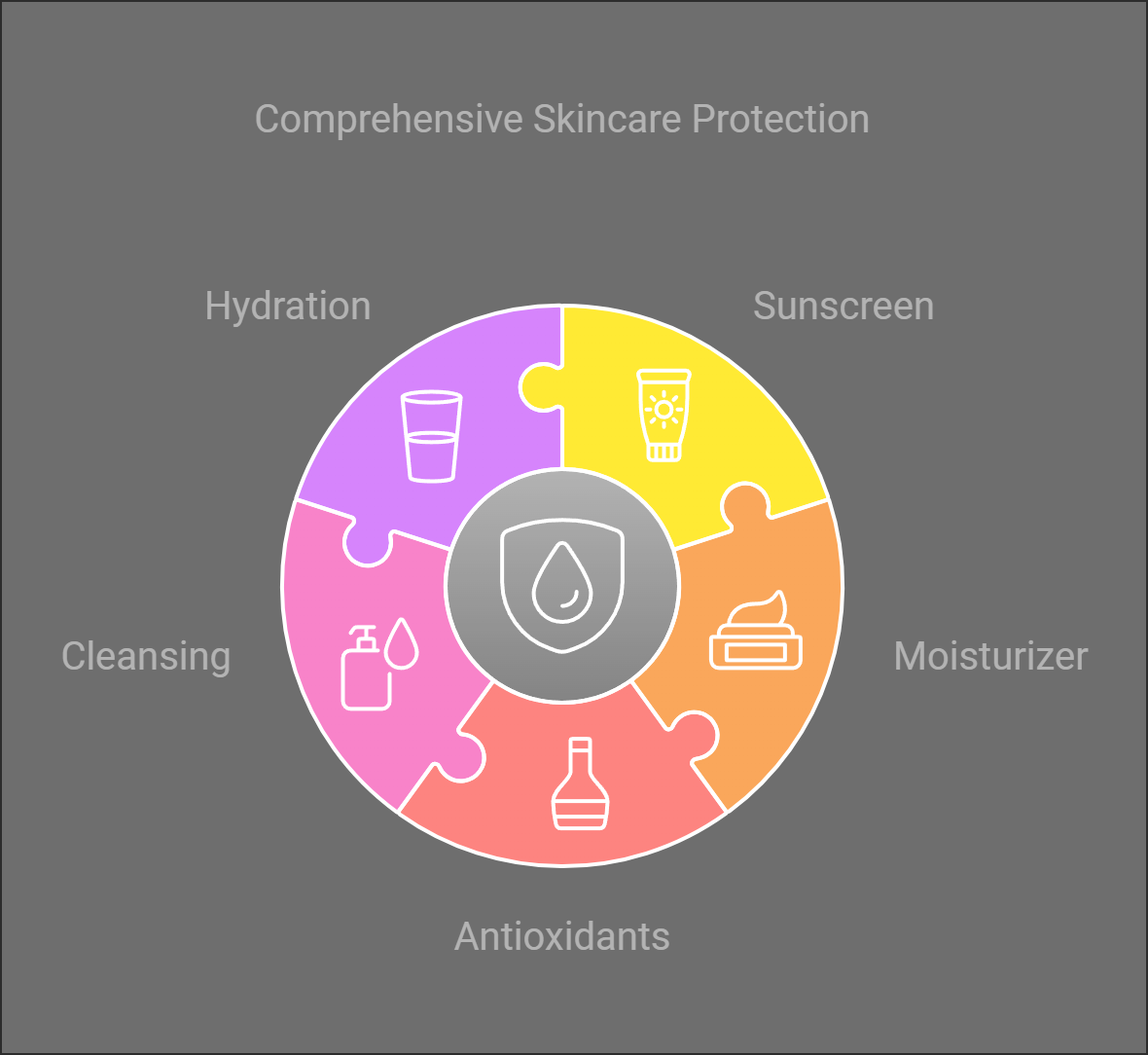
Daily Skincare Routine
Clearly, a solid daily skincare routine is one of the most effective ways to combat environmental stressors. Start your morning by cleansing your face to remove any overnight impurities. Follow this with a serum rich in antioxidants to shield your skin from pollutants. Don’t forget to apply a broad-spectrum sunscreen with at least SPF 30 before stepping outside, as UV rays continue to be a significant threat, even in the city. For product ideas, check out Top 7 Daily Essentials for Urban Skincare.
In the evening, ensure you clean your face thoroughly to eliminate buildup from the day, then apply a nourishing moisturizer to facilitate overnight repair and hydration. Incorporating these steps into your routine can enhance your skin’s resilience and radiance. Learn more in 5 Steps to Build an Effective Nighttime Skincare Routine.
Seasonal Care Strategies
Little do many people know that their skin may react differently to changing seasons, making it vital to adjust your skincare strategy accordingly. During the dry, cold months of winter, tender skin may crave more moisture, so look for richer creams and consider using a humidifier at home. Conversely, in the warmer summer months, you should focus on lightweight formulas and sunscreen to fend off sun damage. Read more in Top 10 Winter and Summer Skincare Adjustments.
Your skin may also require more frequent exfoliation in the summer due to increased oil production, which can lead to breakouts if not managed properly. Skincare routines should evolve with the seasons because environmental stressors vary significantly throughout the year. In winter, you might experience stripped moisture levels, leading to dryness and flakiness. On the other hand, summer brings high humidity and sun exposure, which can trigger excess oil production and potential sunburn. Therefore, it’s important to choose products that align with these seasonal changes, ensuring your skin remains balanced and protected all year round.
Step-by-Step Guide to Strengthening Skin Barrier
Many people experience the effects of environmental stressors on their skin, which can lead to various skin concerns including dryness, sensitivity, and irritation. A strong skin barrier is important for protecting yourself from these aggressors. To better understand this, take a look at the following table that outlines key steps you can take to strengthen your skin barrier:
| Step | Description |
|---|---|
| Hydration | Ensure your skin is well-hydrated with appropriate moisturizers. |
| Sun Protection | Incorporate a broad-spectrum sunscreen to protect against UV damage. |
| Gentle Cleansing | Use mild, sulfate-free cleansers to avoid stripping your skin of natural oils. |
| Essential Fatty Acids | Look for products containing oils rich in omega fatty acids for better skin repair. |
| Regular Exfoliation | Gently exfoliate to remove dead skin cells and improve absorption of skincare products. |
If you’re serious about fortifying your skin against Environmental Stressors & Aggressors for Skin, you’ll want to select the right products carefully. Any skincare routine should include products tailored to your specific skin type and concerns, as using the wrong items can exacerbate issues rather than alleviate them. Look for hydrating serums, nourishing oils, and creams that incorporate barrier-supporting ingredients like ceramides and hyaluronic acid. By choosing products formulated with these components, you can significantly improve your skin’s resilience to external factors.
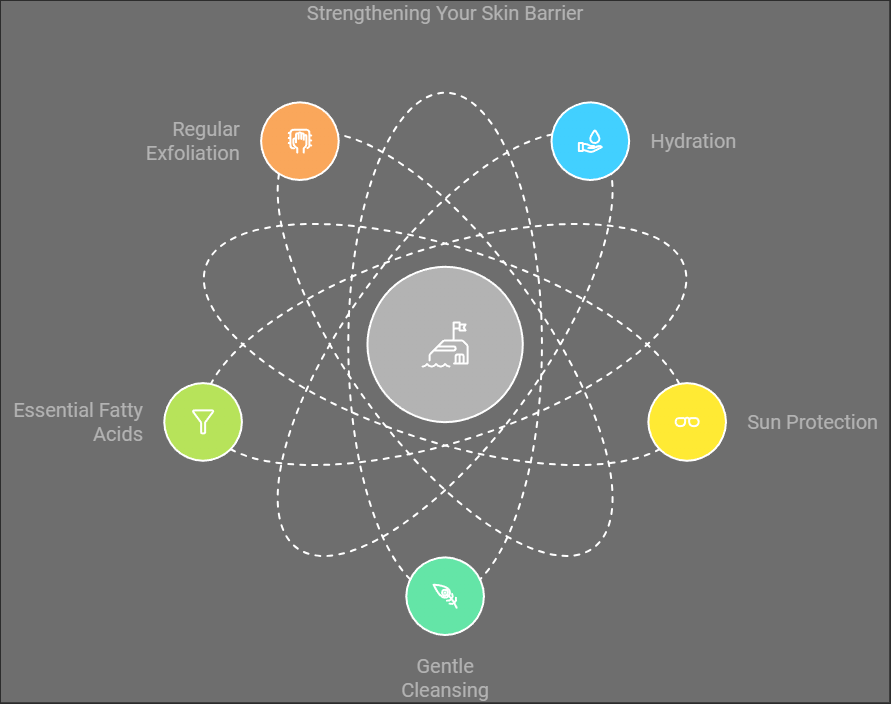
Choosing the Right Products
Any product you apply to your skin should be examined for its ingredients and their compatibility with your skin’s needs. Make sure to opt for non-irritating and non-comedogenic products, as these are less likely to disrupt your skin barrier. Look for labels that indicate they are free from harsh chemicals, alcohols, and fragrances that could potentially harm your skin. Avoiding such ingredients can lead to a healthier skin barrier that is better equipped to handle environmental stressors. For more guidance, explore Top 7 Ingredients to Avoid in Skincare Products.
Proper Application Techniques
Choosing the best application techniques is equally important as the products you use. Your skin can only reap the benefits of a product if it is applied correctly. This means applying a thin layer of products in the correct order—starting from the thinnest to the thickest, usually serums first, followed by creams or oils. Gently pressing or patting products into your skin rather than rubbing them in can promote better absorption and enhance the effectiveness of the ingredients. Learn more in 5 Best Application Techniques for Skincare Products.
This method of application not only ensures that your products penetrate deeply but also minimizes irritation that aggressive rubbing might cause. Make sure to give your products a moment to absorb before layering on others. By following these techniques, you will enhance your skin’s natural defenses against environmental stressors while promoting overall skin health. Check out 10 Steps to Build a Perfect Skincare Routine for a complete approach.

Pros and Cons of Various Protection Methods
Not every method of protecting your skin from environmental stressors comes without its pros and cons. Understanding these can help you make informed choices tailored to your specific needs. Here’s a detailed breakdown of various protection methods in the table below.
| Protection Method | Pros and Cons |
|---|---|
| Sunscreen | Pros: Prevents sunburn and skin cancer; offers daily protection. Cons: Can irritate sensitive skin; requires reapplication. |
| Antioxidants | Pros: Fights free radicals; promotes skin repair. Cons: May cause allergic reactions; results take time. |
| Natural oils | Pros: Hydrating and nourishing; contains vitamins. Cons: Can clog pores; may not suit oily skin. |
| Cleansing routines | Pros: Removes pollutants; prevents breakout. Cons: Over-cleansing can damage skin barrier. |
| Moisturizers | Pros: Locks in hydration; improves skin texture. Cons: Heavy formulations can lead to breakouts. |
| Protective clothing | Pros: Shields from UV rays and pollution. Cons: Can be impractical in hot weather. |
| Professional treatments | Pros: Targeted solutions for specific skin issues. Cons: Can be costly; may have side effects. |
| Natural Remedies | Pros: Often gentle on the skin; easily accessible. Cons: Not always scientifically proven; results can vary. |
| Chemical Peels | Pros: Improves texture and tone; reduces fine lines. Cons: Can cause burns; requires downtime. |
| Retinoids | Pros: Enhances cell turnover; tackles signs of aging. Cons: Can cause peeling and irritation. |
It is vital to explore the effectiveness of these various techniques for your skin type and lifestyle. To investigate deeper into these strategies, you can explore this resource on Pollution and Skincare: How the Environment Impacts Your Skin.
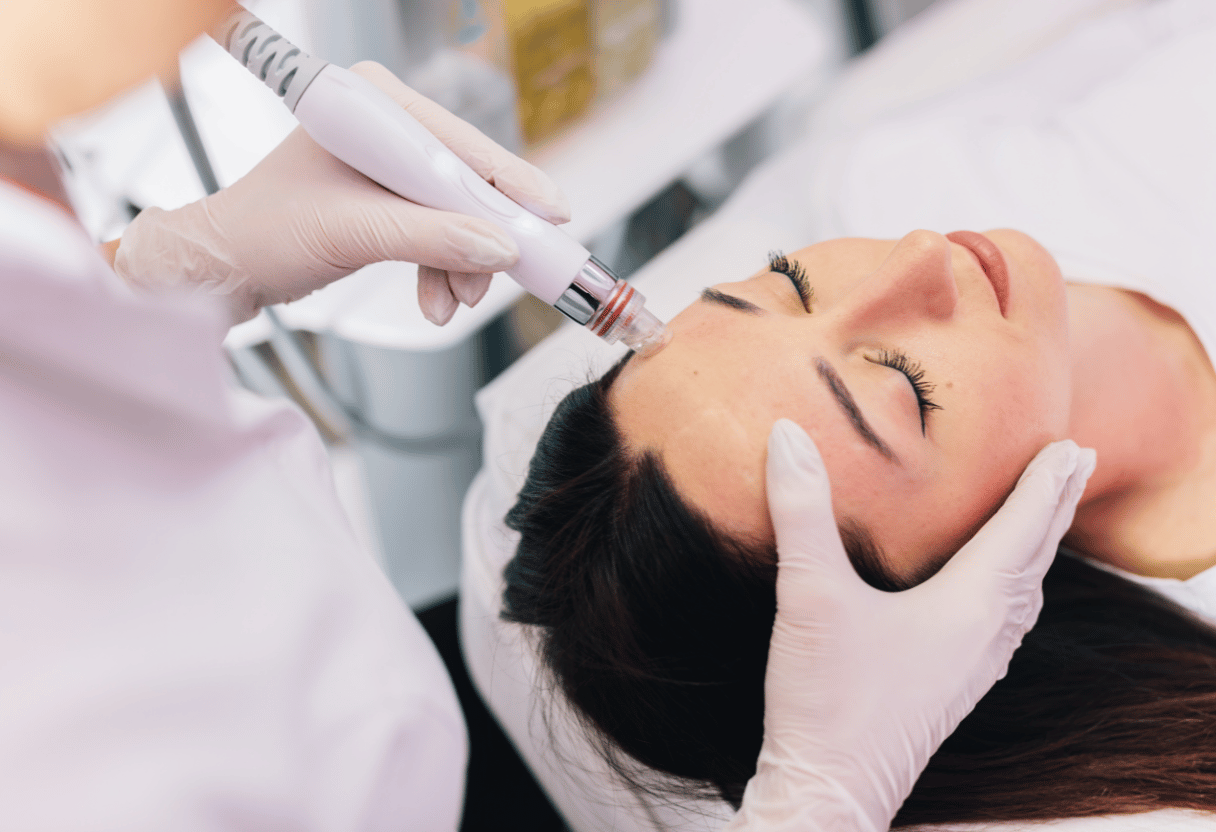
Natural Remedies
Natural remedies can provide a gentler approach to protecting your skin from harmful environmental factors. Ingredients like aloe vera, honey, and green tea are known for their soothing and anti-inflammatory properties. You will find that these remedies are often rich in vitamins and minerals, helping to nourish your skin from the outside in. Moreover, many natural remedies are free from harsh chemicals, making them suitable for sensitive skin. However, it’s important to note that while these remedies can be beneficial, their efficacy may vary from person to person. For ideas, explore Top 7 Natural Remedies for Healthy Skin.
Additionally, natural remedies usually require consistent application and patience to see visible results. While they are a good supplement to your skincare routine, you should not rely solely on them for protection. Combining these with other methods ensures that you offer your skin comprehensive protection against environmental stressors. Learn more in 5 Best Ways to Incorporate Natural Remedies into Skincare.
Chemical Treatments
Methods such as chemical peels and retinoids provide deeper levels of skin rejuvenation and protection. These treatments often target more severe skin concerns, such as significant sun damage or premature aging, through the use of strong ingredients that can promote cell turnover and skin healing. Check out Top 10 Chemical Treatments for Skin Rejuvenation for effective solutions.
Remedies like these can yield impressive results, enhancing your skin’s texture and overall appearance. However, be cautious, as they can also present risks such as irritation and, in some cases, long-term damage if not used appropriately. It’s advisable to consult a dermatologist before starting any chemical treatments to ensure they align well with your skin’s unique needs and to avoid potential negative reactions. For safety tips, read 7 Precautions for Using Chemical Skincare Treatments.
Lifestyle Adjustments for Healthier Skin
Keep in mind that your daily choices can significantly influence the health of your skin. Adjusting your lifestyle to prioritize skin-friendly habits will not only enhance your complexion but also fortify your skin against environmental stressors. This includes adopting a mindful approach to what you consume, stress levels, and how often you indulge in self-care practices. A comprehensive strategy involves tweaking various aspects of your daily routine, ensuring that all facets work harmoniously for optimal skin health. For tips on making impactful changes, explore Top 7 Lifestyle Adjustments for Radiant Skin.

Diet and Nutrition
For many, dietary choices play a pivotal role in maintaining healthy skin. Consider integrating a variety of antioxidant-rich foods into your meals, such as berries, nuts, and green leafy vegetables. These foods combat oxidative stress and can help mitigate the impact of environmental aggressors. Additionally, ensuring you have a balance of healthy fats, like avocados and olive oil, is necessary for maintaining your skin’s natural barrier and hydration. Discover 5 Best Foods for Glowing Skin to enhance your diet.
Stress Management Techniques
Nutrition is only one aspect of your overall well-being; effective stress management techniques are equally important for maintaining youthful and resilient skin. Practices such as yoga, meditation, and regular physical activity can lower your stress levels and promote a sense of well-being. These strategies not only alleviate the immediate effects of environmental stressors on your skin but also enhance your overall quality of life. Check out 7 Best Stress Management Practices for Healthier Skin for actionable strategies.
Management of stress involves finding activities that resonate with you personally. Deep breathing exercises, mindful meditation, and engaging in hobbies you love can drastically reduce cortisol levels, which in turn diminishes skin issues like acne and inflammation. Additionally, incorporating regular physical activity aids in circulation and helps flush toxins from your body, resulting in a more vibrant and healthy complexion. Learn more in Top 5 Exercises for Better Skin Health to boost your glow naturally.
Specialized Treatments and Products
Professional Treatments
Little do many people realize, professional skin treatments can offer a significant boost in combating environmental stressors. Options such as chemical peels, microdermabrasion, and laser therapy are designed to promote skin health by removing dead skin, stimulating collagen production, and targeting specific skin issues such as pigmentation and fine lines. These treatments are particularly effective in addressing the visible damage caused by pollution, UV rays, and other external factors. Learn more in Top 7 Professional Treatments for Environmental Skin Damage.
By consulting with a licensed dermatologist or esthetician, you can create a personalized treatment plan tailored to your unique skin needs. Regular professional treatments not only enhance your skin’s appearance but also improve its resilience against future damage, leading to a long-term strategy for maintaining healthy skin in an increasingly harsh environment. Explore 5 Benefits of Consulting a Dermatologist for Skincare for insights.
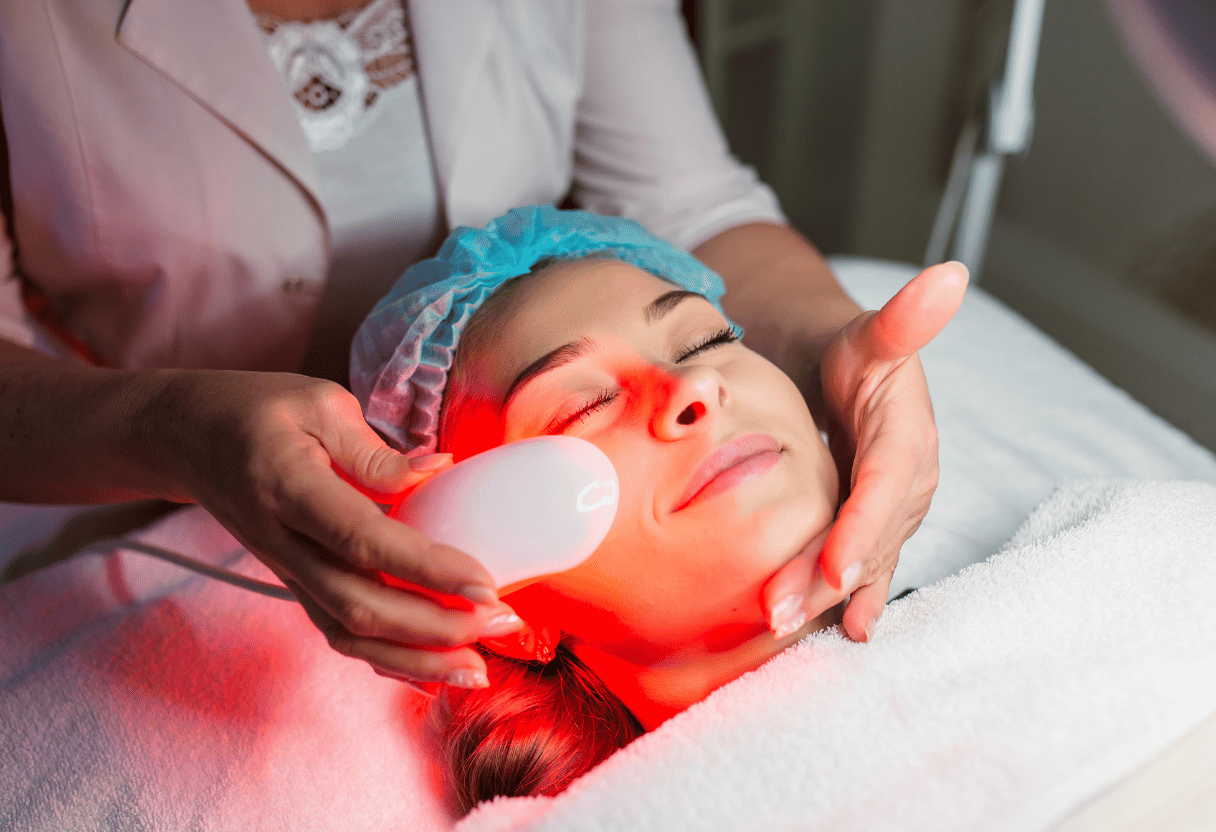
Recommended Skincare Lines
You can enhance your skincare routine by incorporating products specifically formulated to combat the effects of environmental stressors. Various skincare lines offer solutions rich in antioxidants, vitamins, and other protective ingredients that nourish and fortify your skin. Brands like SkinCeuticals, Drunk Elephant, and Paula’s Choice have gained acclaim for their scientifically-backed formulas that prioritize skin health and environmental protection. Check out Top 10 Skincare Lines for Environmental Protection for product recommendations.
It’s imperative to look for products that contain ingredients like vitamin C and niacinamide, which help neutralize free radicals and repair damage caused by pollution and UV exposure. Additionally, seek out moisturizers with SPF to provide an added layer of defense against harmful rays. Integrating these specially formulated products into your daily regimen can significantly contribute to maintaining your skin’s vitality and glow amid the daily environmental challenges it faces. Learn more in 7 Best Ingredients for Pollution Protection in Skincare.
Conclusion
Following this guide, you can significantly enhance your skin’s resilience against environmental stressors. By implementing a consistent skincare routine that includes the use of gentle cleansers, moisturizers rich in antioxidants, and broad-spectrum sunscreen, you create an effective barrier against pollutants, UV rays, and other harmful elements. For step-by-step guidance, explore 5 Steps to Build a Protective Skincare Routine.
Additionally, adopting a healthy lifestyle that incorporates a balanced diet, regular hydration, and enough sleep can further empower your skin, making it less susceptible to damage. Check out Top 7 Lifestyle Changes for Healthier Skin for actionable advice.
Moreover, regular check-ups with a dermatologist can help you stay informed about your skin’s specific needs and any changes that may require attention. By taking proactive steps and tailoring your skincare routine to meet your unique requirements, you will not only protect your skin from environmental stressors but also foster overall skin health and vitality. For more tips, read Top 10 Dermatologist-Recommended Practices for Healthy Skin.
Ultimately, the effort you invest in caring for your skin today will benefit your appearance and boost your confidence in the long run.
FAQ: How to Protect Your Skin from Environmental Stressors.
Q: What are environmental stressors that can affect my skin?
A: Environmental stressors include pollution, UV radiation, extreme weather conditions, smoke, and chemicals in personal care products. These factors can lead to skin irritation, premature aging, and other dermatological issues. Protecting your skin requires awareness of these stressors and implementing appropriate skincare measures.
Q: How can I effectively protect my skin from UV rays?
A: To safeguard your skin from UV rays, apply a broad-spectrum sunscreen with an SPF of 30 or higher every day, even on cloudy days. Reapply every two hours, especially if you’re swimming or sweating. Additionally, wearing protective clothing, hats, and sunglasses can enhance your defense against harmful sun exposure.
Q: What skincare products should I use to combat pollution?
A: Choose products that contain antioxidants, like vitamin C, vitamin E, and niacinamide. These ingredients help neutralize free radicals produced by pollution. A gentle cleanser is important to remove pollutants, and a hydrating moisturizer can help maintain your skin’s barrier. Regular exfoliation will also aid in removing dead skin cells and impurities.
Q: Can lifestyle choices impact my skin’s response to environmental stressors?
A: Yes, lifestyle choices such as diet, hydration, and stress management significantly affect skin health. A diet rich in fruits, vegetables, and healthy fats can boost skin resilience, while staying hydrated helps maintain skin elasticity. Practices like regular exercise and sufficient sleep can help reduce stress, which can otherwise exacerbate skin problems.
Q: How does extreme weather affect my skin and what can I do about it?
A: Extreme weather conditions, such as cold, heat, or humidity, can lead to skin dryness, irritation, or excessive oiliness. To address this, adjust your skincare routine according to the season. For cold weather, use thicker creams to lock in moisture, while in hot weather, opt for lightweight, non-comedogenic products. Always maintain hydration and apply sunscreen regardless of the weather conditions.




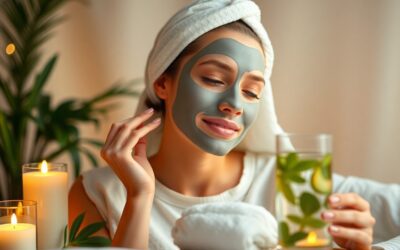

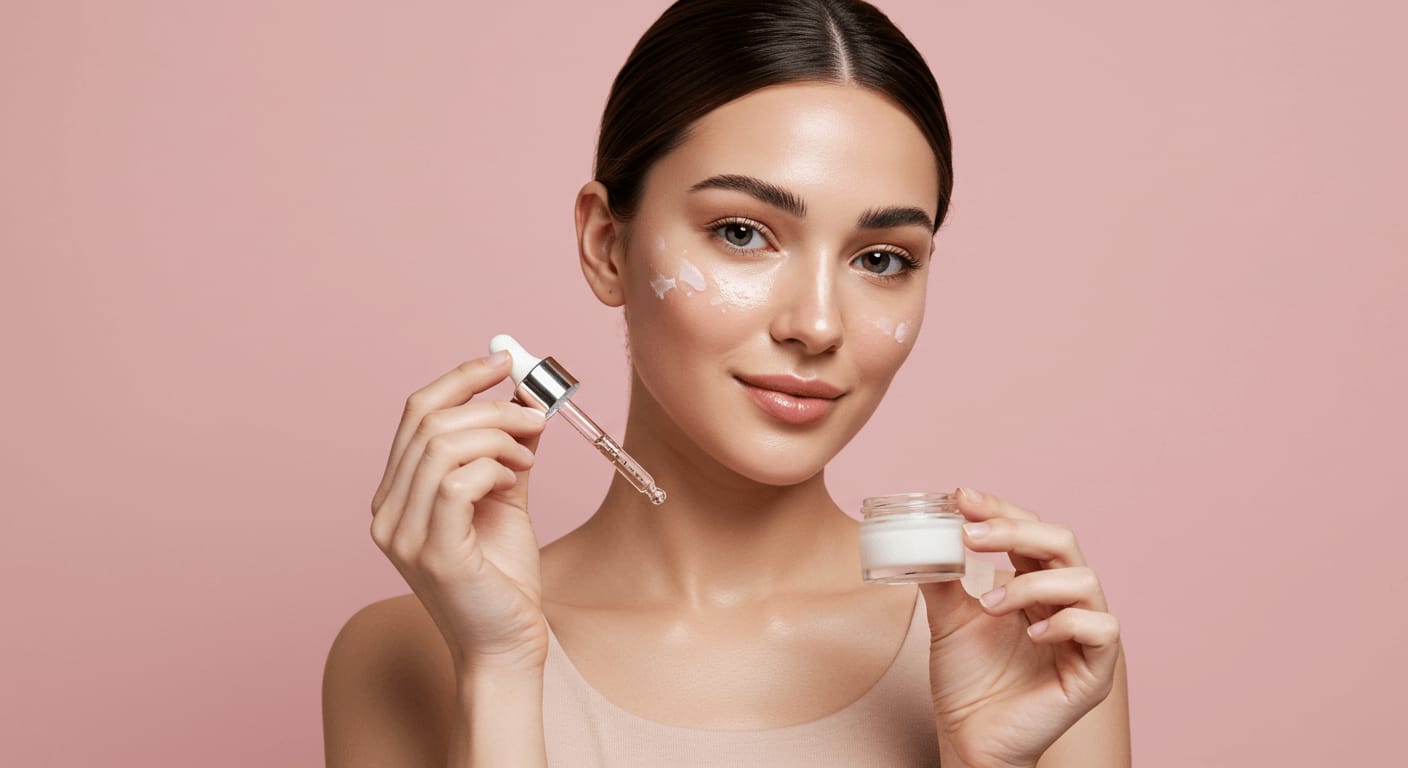







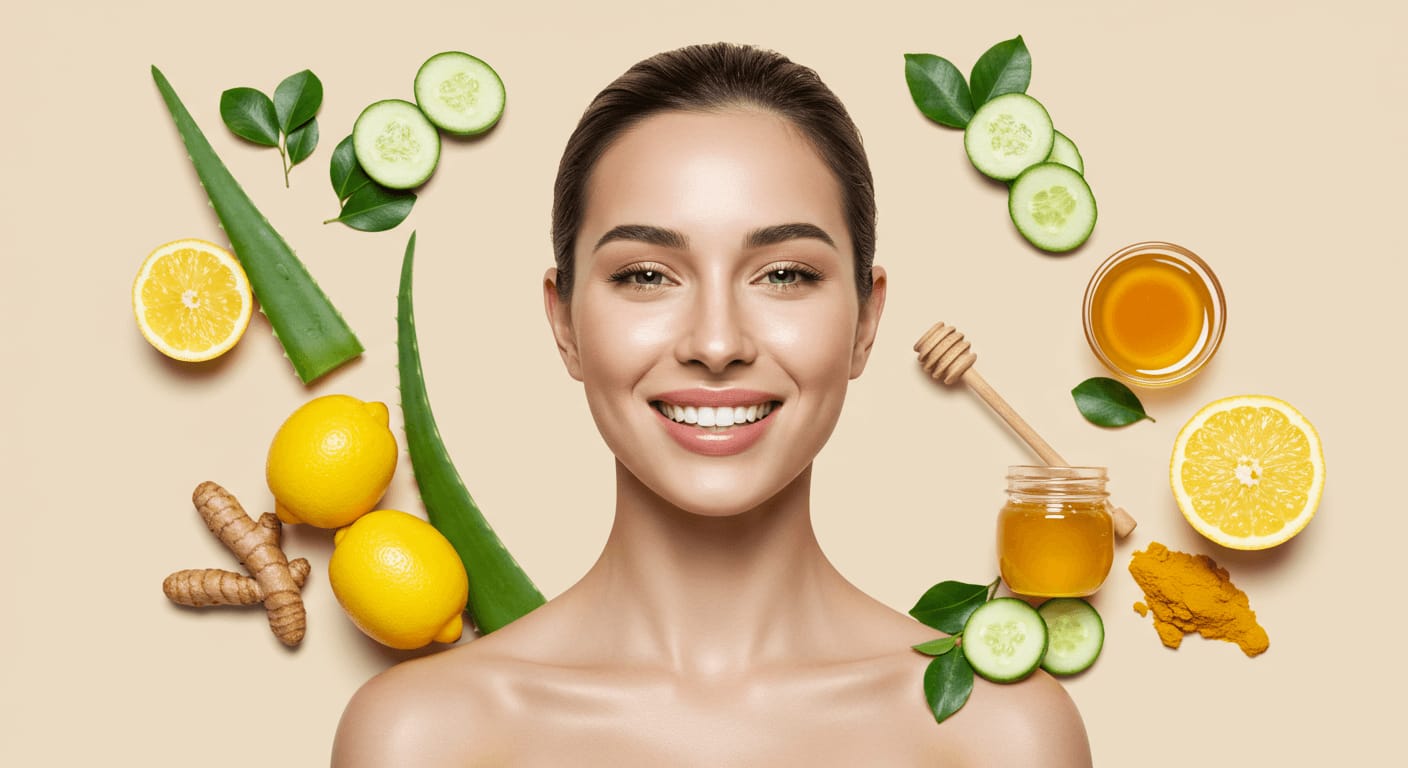

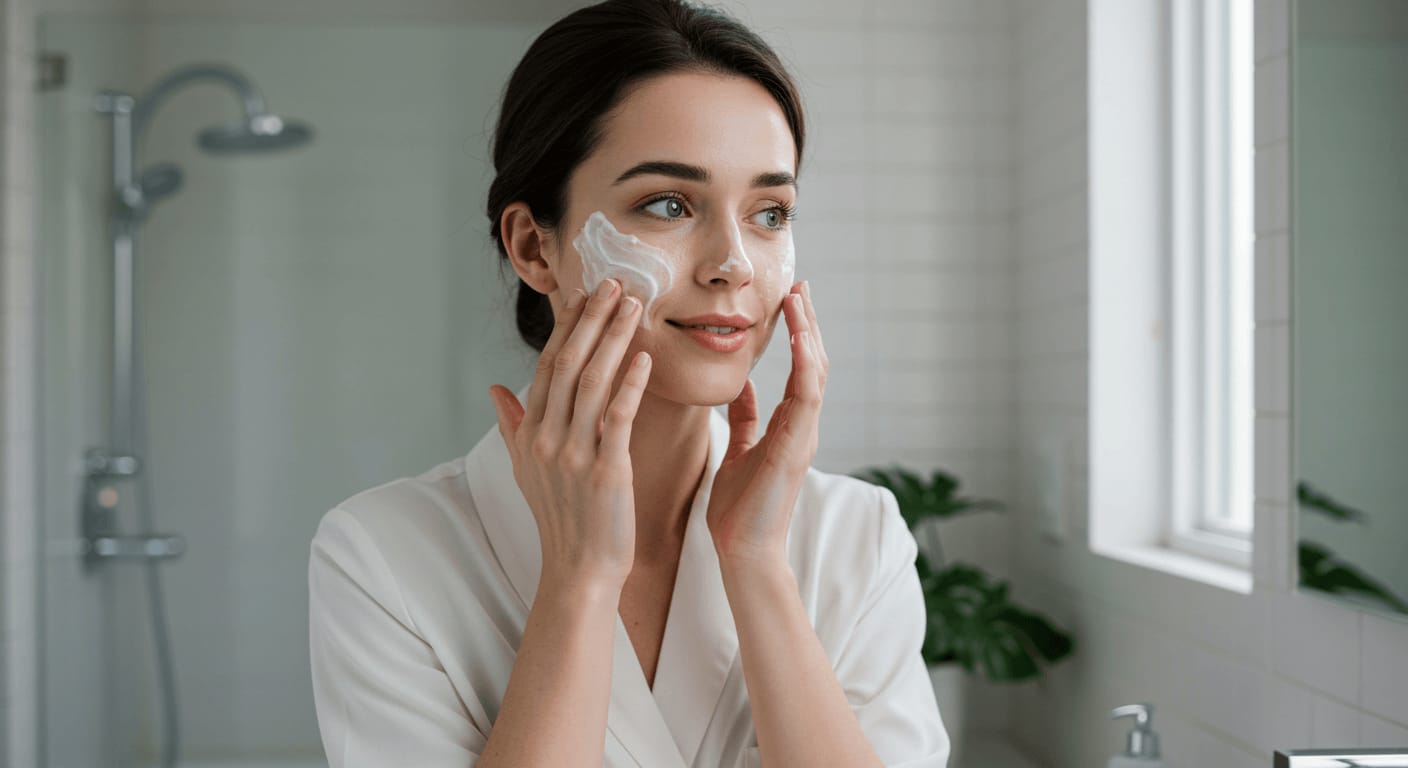








0 Comments